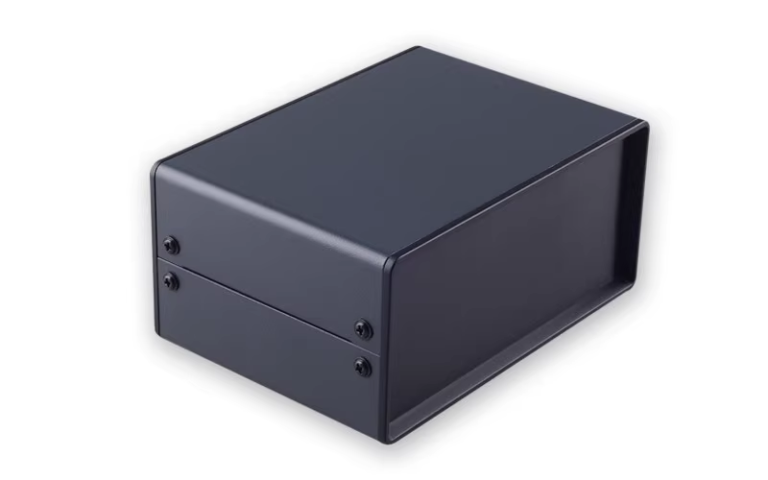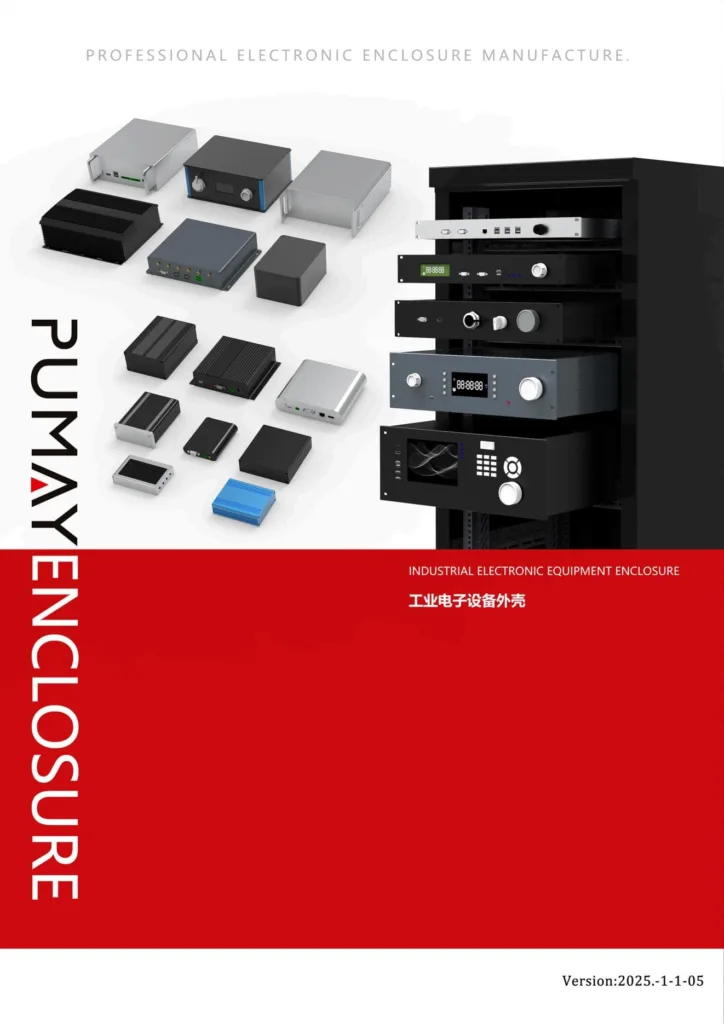Plastic and metal electrical boxes are both commonly used in electrical installations. But which one should you choose? The right box depends on factors like safety, durability, and specific installation needs.
Plastic and metal electrical boxes serve different purposes. The choice depends on electrical requirements, safety codes, and the installation environment. Both materials have unique benefits.
Transition paragraph: Continue reading to explore the key differences and decide which material is best for your project.
Should a fuse box be plastic or metal?
Choosing the right material for a fuse box depends on several safety considerations. Metal boxes are often preferred for their durability and grounding properties.
Metal fuse boxes are more durable and offer better grounding compared to plastic. However, plastic boxes may still be used depending on local codes.
Which box is best for electricity?
When wiring a home or office, choosing between a plastic or metal electrical box is crucial. Each has its own set of advantages and disadvantages.
Snippet paragraph: Both plastic and metal boxes can handle electrical wiring safely, but metal boxes offer better protection in certain environments, while plastic boxes are easier to install.
Can I use a metal electrical box outside?
Metal electrical boxes are commonly used outdoors, but they require extra protection from the elements. The question is, when is it appropriate to use one outside?
Metal electrical boxes can be used outdoors with proper sealing and weatherproofing. Always check local codes before installation to ensure safety.
Can you mix plastic and metal electrical boxes?
It’s a common question whether you can mix plastic and metal electrical boxes in one circuit. The answer depends on the wiring method and local regulations.
Mixing plastic and metal boxes is sometimes allowed, but proper grounding and local codes must be followed to ensure safety and compliance.
![placeholder_image]()
Dive-Deeper paragraph: Let’s examine the pros and cons of plastic and metal electrical boxes. Metal boxes are often considered more durable and secure, especially in commercial and industrial applications. They are more resistant to fire and provide better grounding for electrical systems. On the other hand, plastic boxes are lighter, easier to install, and more cost-effective. But they might not offer the same durability and protection as metal in high-risk environments.
Comparing Plastic vs. Metal Electrical Boxes
| Feature | Plastic Box | Metal Box |
|---|---|---|
| Durability | Less durable, more prone to cracking | Very durable, resistant to impacts |
| Fire Safety | Less fire-resistant | Fire-resistant, ideal for high-risk areas |
| Weight | Lightweight, easy to handle | Heavier, more cumbersome to install |
| Cost | Generally cheaper | More expensive, but offers long-term value |
| Grounding Capability | Requires grounding wire | Provides better grounding naturally |
| Installation Ease | Easier to install | May require more tools and effort |
In some areas, mixing plastic and metal electrical boxes can be acceptable. But you need to ensure that they are compatible with the wiring type and that proper grounding methods are used. Consult local electrical codes to be sure of the rules in your area.
Conclusion
The choice between plastic and metal electrical boxes depends on your specific needs. Safety, durability, and cost should guide your decision-making process.
TEMPLATE_END





